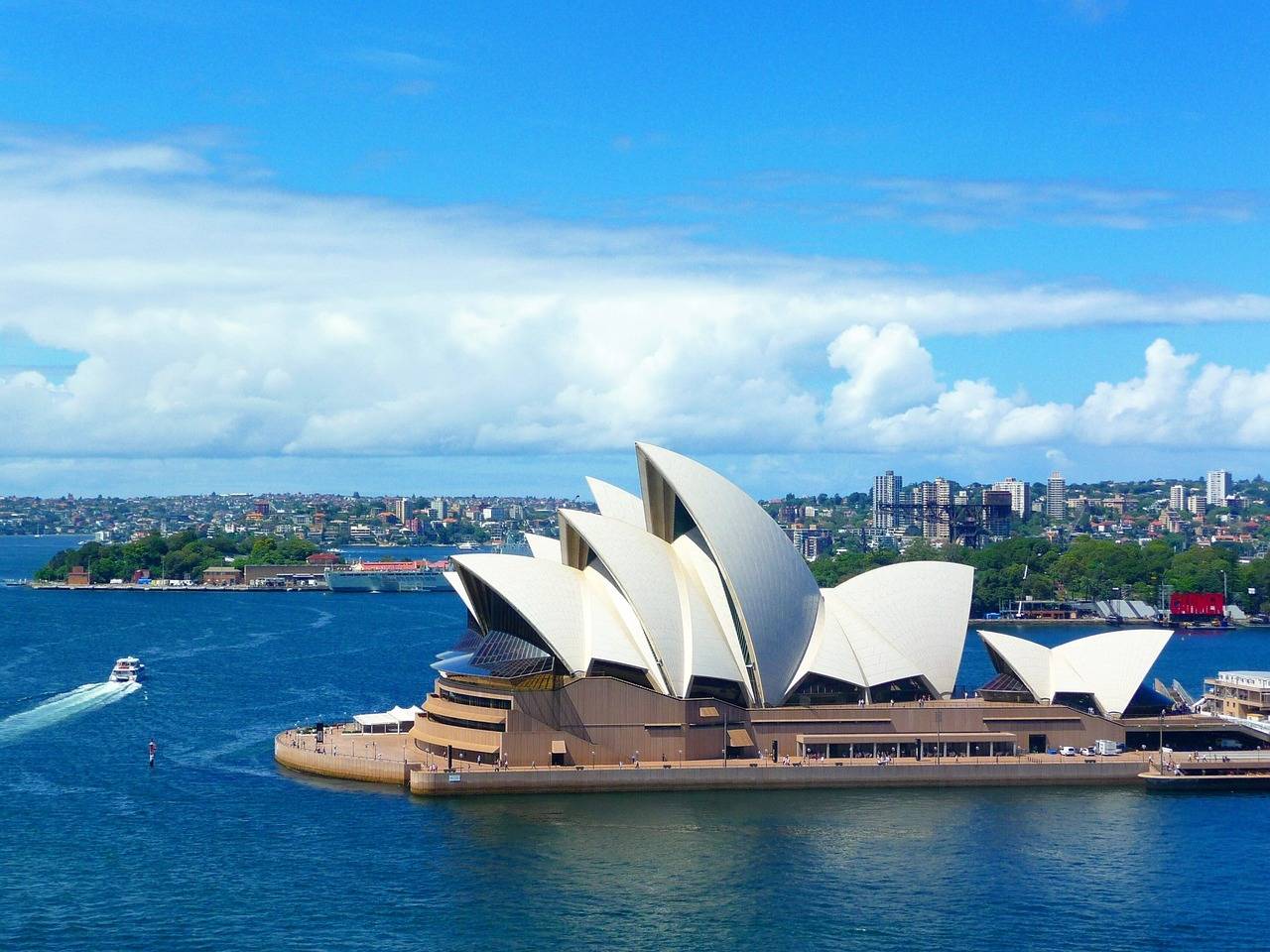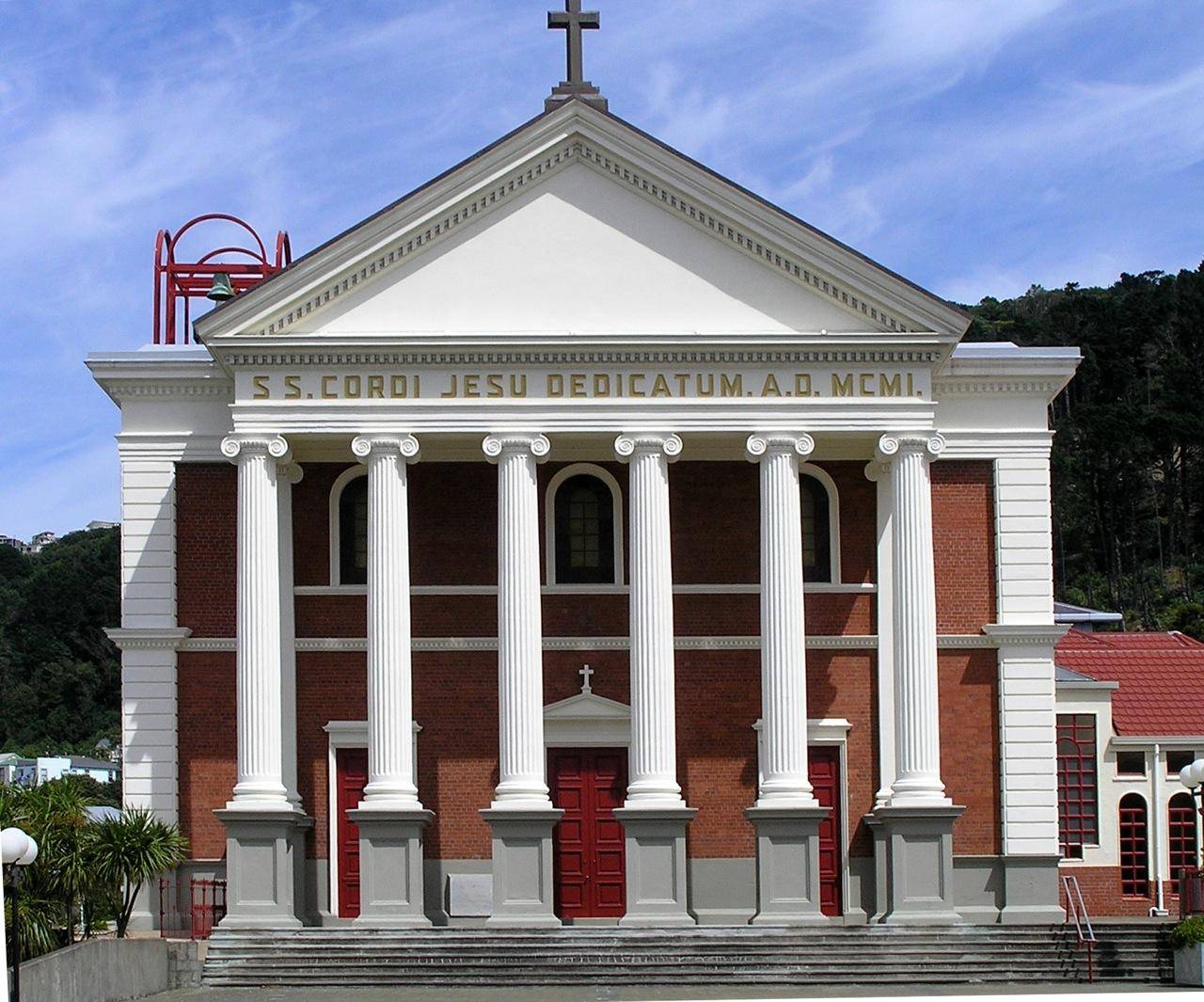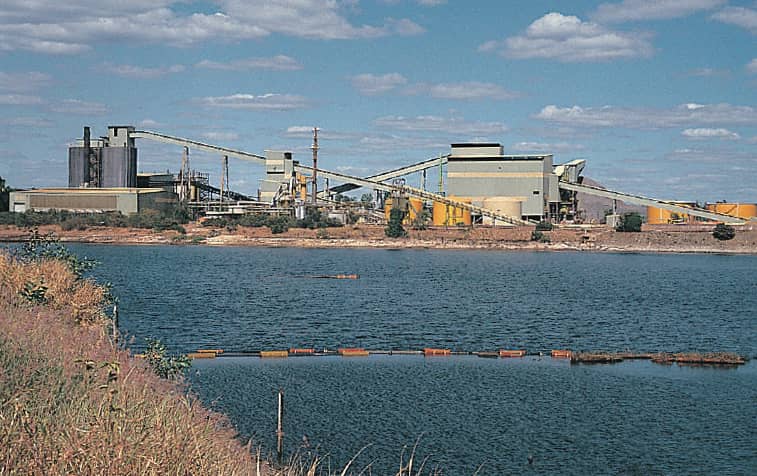An open letter to Australian Prime Minister Scott Morrison has called for him to support the 1.1 temporary visa holders in the country during the COVID-19 coronavirus pandemic.
Over 180 organizations signed the letter, including CAPSA (Catholic Alliance for People Seeking Asylum), Pax Christi Australia, Jesuit Refugee Service Australia, the Catholic Archdiocese of Sydney, the Catholic Diocese of Parramatta, the Catholic Justice and Peace Commission of Brisbane, and Catholic Social Services Victoria.
Temporary visa holders – which include asylum seekers, refugees, migrant workers, and international students – have no access to the unemployment support offered by the government during the coronavirus crisis and limited access to Medicare. In addition, they suffer from visa insecurity and the fear of being deported.
“As Australia and the world suffers the impact of the COVID-19 pandemic, it is clearer than ever that how we treat the most vulnerable in our society directly impacts the health and wellbeing of all of us. If anyone is left destitute, with no access to affordable medical help or unable to minimize the risk of catching the virus, all of us are at greater risk,” the letter says.
“COVID-19 does not discriminate, and neither should access to a safety net or improved assistance during this time. We are in this together and there must be support for all who need it, regardless of visa status,” it continues.
Jesuit Refugee Service Australia Director Carolina Gottardo said demand for the organization’s services in Western Sydney has grown by 100 percent.
“We are speaking to hundreds, if not thousands of families and individuals who have lost jobs, have no safety net and cannot go home. The demand for JRS’s services including emergency relief payments is unprecedented in our 40-year history. The situation is desperate,” she said.
“Many of the women, children, and men we support were already living in severely overcrowded dwellings. Now, as rental arrears build up and some landlords continue to threaten eviction, we are also seeing a surge of temporary visa holders in clusters of Western Sydney who are unable to self-isolate or practice social distancing,” Gottardo continued.
So far, Australia has dodged the worst during the COVID-19 pandemic: It has had 6,825 confirmed cases, out of which 5,859 have recovered and 95 have died. The government will this week discuss relaxing lockdown restrictions in the country.
However, Paul Power – CEO of the Refugee Council of Australia, and the coordinator the joint letter – pointed to the situation in Singapore, where after getting the pandemic under control suffered a huge outbreak among its migrant worker community.
“We only have to look to Singapore to see the risk associated with excluding large numbers of people from crucial support,” he said.
“Like Australia, early interventions meant that cases were low in Singapore. Like Australia, the Singaporean government introduced extensive support packages but excluded large numbers of people on the basis of their visa status. In recent days, there has been a huge explosion of cases in Singapore among migrant workers living in cramped conditions, as they were unable to safely distance from one another,” Power continued.
“This should serve as a clear warning to Australia,” he added.
“Many people on bridging or temporary visas are living in overcrowded situations due to financial hardship. As the financial fallout of the pandemic increases, this situation will only deteriorate. The Australian government has shown true leadership in its response to COVID-19 thus far. We’re simply asking them to fill in the gaps,” Power said.
The open letter to the prime minister calls on the government to ensure all people have access to medical treatment and Medicare for people seeking asylum, ensure all people have a financial safety net so they are not forced into destitution, and prevent people from losing legal status and access to support during the crisis.
“As a community, we have the opportunity during the COVID-19 pandemic to make decisions that are compassionate, constructive and responsible. Only in doing so, can we ensure Australia emerges from the COVID-19 pandemic with a resilient, healthy and cohesive community. There are tens of thousands of refugees, people seeking asylum, and other migrants in Australia who make up our communities, and they cannot be forgotten at this time of great need. Nobody should be left behind,” the letter says.
Follow Charles Collins on Twitter: @CharlesinRome















